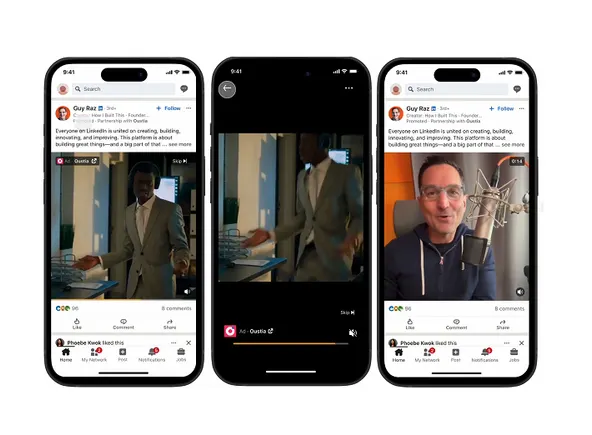A new study has found that a specific amount of trace element copper is linked to protecting cognitive function in older adults, providing novel insight into how the mineral impacts the brain.
Researchers from the Fourth Hospital of Hebei Medical University in China investigated whether everyday dietary copper intake plays a role in maintaining cognitive health in older adults – and, if so, whether there’s a “Goldilocks zone” that can best benefit aging brains.
The scientists also wanted to explore whether people with a history of stroke – who have a higher risk of cognitive impairment –might be helped or harmed by copper intake.
The team used the data of 2,354 adults aged 60 years or over, taken from the US National Health and Nutrition Examination Survey (NHANES), which included health interviews and physical and dietary exams, conducted between 2011 and 2014. Participants completed three standard cognitive exams: the Digital Symbol Substitution Test (DSST), which gauges speed, sustained attention, and working memory; the Animal Fluency Test (AFT), measuring verbal fluency and executive function; and the global cognition z-score, which is more of an overall assessment based on the other tests.
The health data also included self-reported dietary intake, allowing for the researchers to assess copper intake.
What they found was that 1.22 mg of copper per day was associated with a significant brain boost, preserving cognitive function and protecting against neurological disease. Currently, the US Food and Drug Administration advice is for a daily copper intake of 0.9 mg. Participants with moderate copper intake (1.2–1.6 mg/day) performed significantly better on all three tests, while intake above or below this bracket had poorer cognitive outcomes.
Among those with a history of stroke, participants in the highest copper intake group showed the largest cognitive advantage. The stroke subgroup had the strongest association between copper intake and improved cognition. The researchers believe this suggests that the mineral has neuroprotective or neurorecovery potential in stroke recovery.
While scientists have previously detailed that this essential trace mineral is involved in brain function, just how much copper is beneficial isn’t well understood. What we do know is that copper aids neurotransmitter synthesis, mitochondrial energy metabolism and synaptic signaling, among other roles. However, excess copper has been linked to neurodegenerative processes and neurotoxicity. In 2013 evidence emerged that copper may in fact contribute to the development of Alzheimer’s disease.
“Copper, an essential trace element, is known to be a vital component for various physiological functions, including the proper development and functioning of the nervous system,” noted the researchers. “It is a key cofactor for several enzymes involved in neurotransmitter synthesis, cellular energy production, and antioxidant defenses. However, the relationship between copper and cognitive function is complex and not yet fully understood.”
While the observational study doesn’t establish causation, it’s the first of its kind to define a “sweet spot” of copper intake that steers clear of deficiency and overdoing it – both of which can deliver poor health outcomes. And it shines a light on how, as we age, some nutrients may be more important for brain health than we give them credit for.
“The current study indicates a potential association between dietary copper intake and enhanced cognitive function in American older adults, particularly among those with a history of stroke,” the researchers conclude. “Dose-response analysis suggested an optimal copper intake level, with an inflection point of approximately1.22 mg per day. However, further longitudinal studies are necessary to confirm these findings.”
It’s also worth noting that the researchers don’t recommend copper supplements, given that it’s readily available in many foods and the recommended daily intake is just over a gram. While copper levels vary, foods high in this trace mineral include nuts and seeds, legumes, leafy greens, liver and oysters (among other shellfish).
While the researchers accounted for confounding factors like age, sex, alcohol intake and heart disease, it’s worth noting that the dietary intake was self-reported, so further studies are needed to confirm copper’s brain-health benefits and to better understand the mechanisms at play.
The research was published in the journal Scientific Reports.
Source: Fourth Hospital of Hebei Medical University via Nature








